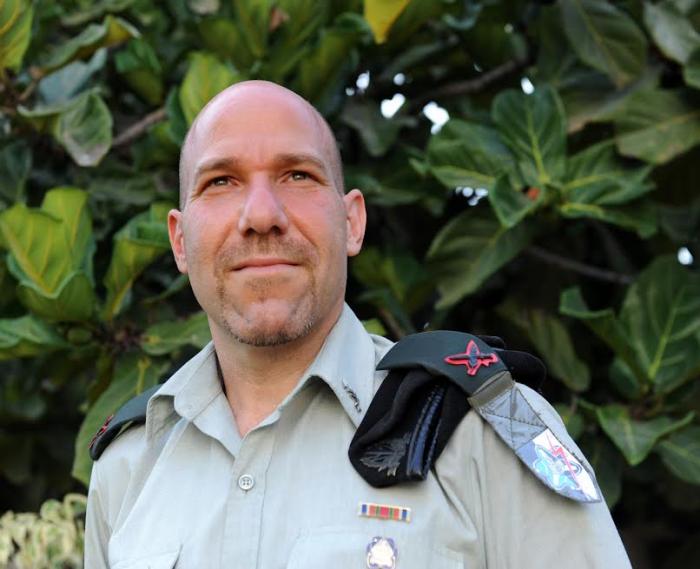Extremism is reaching people across the world through social media. Terrorists can sift through a population using social media and reach people susceptible to ideas of extremism. Luring people to their cause, extremists spread their ideas from the ease of their desktop and as quickly as their internet bandwidth will allow. To say the least, radicalism is spreading rapidly through the internet.
Mainstram media could once marginalize radical, dangerous groups from dispersing their ideas to the general public. Journalists could decide, and still do, what is appropriate to publish in a newspaper or on a news site. Now, however, extremists are not concerned with using established media sites for spreading their ideas. They can extend their thoughts to the public by creating sources and sites of their own. Through Twitter, Facebook, YouTube, and Instagram etc., mainstream media is not necessarily the default source for information.

Extremists on the internet include jihadists, neo-Nazis, and Islamic State (IS) members. Among extremist groups, White supremacists and IS in particular have proliferated in social media.
It is difficult to believe that individuals from the average American town, who would never otherwise be exposed to jihadists or IS members, are becoming extremists themselves. As the film, Losing Our Sons presents, targeted Americans are falling to Muslim extremism. With each terror attack, there are casualties. But leading up to any terror attack are the individuals who are seduced into a seemingly noble cause of extremism, are brainwashed by terrorists, and eventually become radical terrorists themselves.

Following 9/11, counter-terrorism was developed and the laws regarding information-sharing and accesses for the FBI, CIA, and other counter-terror groups were broadened. With easier access to critical information, counter terrorists could work more efficiently and prevent 9/11-like terror attacks.
However, the internet still puts counter-terrorists in a difficult situation. In a democracy, the internet cannot be fully monitored. While stopping terrorism is nothing short of essential for upholding security, many argue that this amounts to prying too, undermining the rights of a democratic state.
Ironically, while government and counter-terror units do not want to invade the public’s privacy, and rightly so, extremists can already do exactly that. Through cyber attacks, intellectual-property theft, and invasions of nuclear-plants or military systems to name a few, terrorists can turn society over by hacking away at their computers. The threats of the virtual age are extremely high. Since 2001, after 9/11, counter-terrorists have been working within the limits of the law persistently to stop terrorism on the ground and online.
Just as America has been developing its counter-terror capabilities since 9/11, Israel has been advancing its military technology in order to uphold state security.

Extremism is intertwined with the rapidly advancing virtual world. No simple feat, stopping terrorism in this day and age leaves counter-terrorist experts with multiplying questions and immense challenges.
As PJ Crowley, academic, former US spokesman and US Air Force veteran explained in 2011, persistence is key. Reflecting upon the decade following 9/11, Crowley argued that stopping terrorism is an overwhelming task that will “take a generation.” For each terrorist or terror attack stopped, counter-terror experts deserve utmost respect and appreciation but by no means does that suggest their work is close to done.
In 2016, counter-terror experts still know that persistence is the name of the game. Extremism is spreading across the internet like a toxic virus and counter-terror experts are working hard to fight it.
Contributed by CAMERA Intern Penina Simkovitz.

